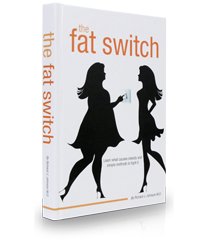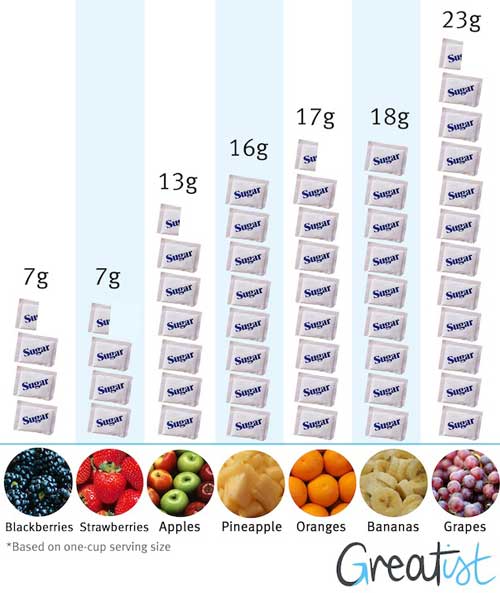Teen BMI Heart Disease Study
For every one unit increase in BMI in the teen years, the study found a 12% increase in the risk of heart disease around 20 years later. And, for every one unit increase in BMI, the study found a nearly 10% increase in the risk of type 2 diabetes, though this risk may largely be related to a higher BMI in adulthood as well."For teens with a BMI of 25, the risk of diabetes is about threefold higher than for people with the lowest BMI," said the study's lead author, Dr. Amir Tirosh, a clinical and research fellow in the endocrine division at Brigham and Women's Hospital and the Harvard School of Public Health in Boston.
"For cardiovascular disease, the risk was threefold higher at a BMI of 20.9, and sevenfold higher at a BMI of 25 or above," said Tirosh.
A normal BMI is 24.9 or lower; 25.0 is the threshold for being considered overweight.
The risk of later heart disease begins when BMI is well within what's considered the normal range, said Tirosh. "A BMI of 20.9 means a 5'10" male would weigh 146 pounds," he added.
Data for the study came from a large group of young men entering the Israeli army. Military service is mandatory in Israel, according to Tirosh.
The researchers followed 37,674 males from the time they were first examined for military service at the age of 17, until an average of 17.4 years later, according to the study.
During that time, 1,173 developed type 2 diabetes and 327 developed coronary heart disease (the latter verified by angiogram).
Overall, men with the highest BMIs in their teens were 2.76 times more likely to develop type 2 diabetes and 5.43 times more likely to have coronary heart disease later in life compared to those with the lowest BMIs, reported the study.
However, when a normal adult BMI was factored into the analysis, the increased risk of type 2 diabetes disappeared, suggesting that weight in adulthood is far more of a risk factor for the development of type 2 diabetes than weight status in your teens.
But, the researchers found that the risk of heart disease was elevated whether or not someone was heavy in their teens or heavy as an adult, suggesting that extra weight at any age affects cardiovascular health.
"For people who do not grow up to be obese adults, the risk of diabetes goes back to zero. Lifestyle interventions may completely reverse the risk of diabetes, but not for coronary heart disease," said Tirosh. "The risk for cardiovascular disease remains higher for those who lose weight. It seems our body remembers the years we were more overweight."
"This is an endemic problem we'll all face as a society soon. We will have more and more kids who, as adults, will be more prone to heart disease because of inappropriate diets and lack of physical activity," said Dr. Achiau Ludomirsky, director of the division of pediatric cardiology and the Andrall E. Pearson professor of pediatric cardiology at the NYU Langone Medical Center in New York City.
"These findings are very convincing that we should intervene with lifestyle changes as early as possible. This study shows your weight at 17 affects your risk of heart disease, so we should be looking at BMI earlier than we think because there may be damage already," Ludomirsky said.
Education on healthy lifestyle factors should start as early as possible in schools and at home, he said. Parents should make healthy eating and exercise part of the family routine. And, he said, it's important to start as early as possible. "It's difficult to convince teens to start exercising and eating well if they've never done it before," Ludomirsky explained.
But, he added, it's also something that needs to be addressed on a societal scale, because it's hard to teach people how to eat right when "you can get a burger for one dollar, but you can't get a salad for a dollar."
SOURCES:
- April 7, 2011, New England Journal of Medicine;
- Amir Tirosh, M.D., Ph.D., clinical and research fellow, Brigham and Women's Hospital, and Harvard School of Public Health, Boston;
- Achiau Ludomirsky, M.D., Andrall E. Pearson professor of pediatric cardiology, and director, division of pediatric cardiology, NYU Langone Medical Center, New York City




 Health Benefits of Vitamin B Complex;
Health Benefits of Vitamin B Complex;